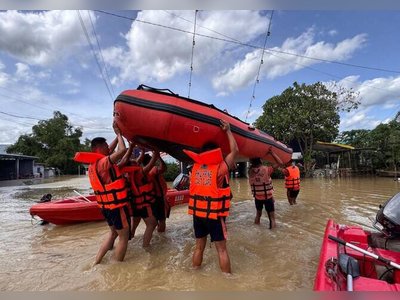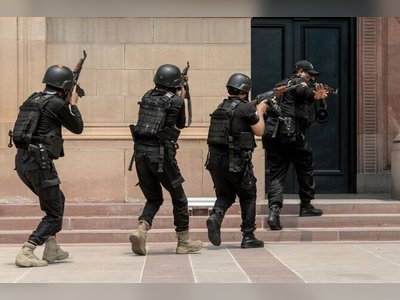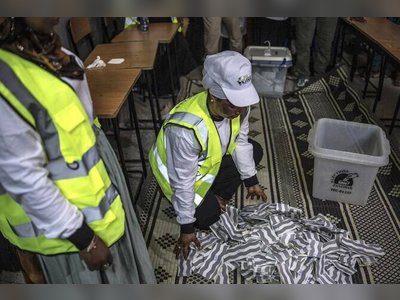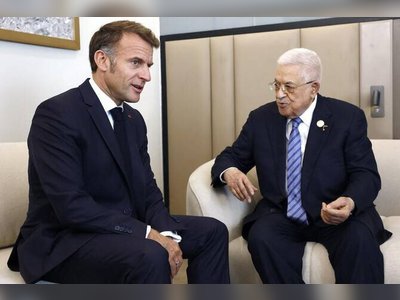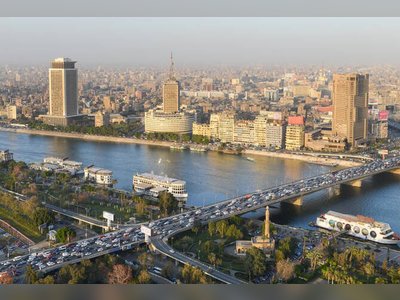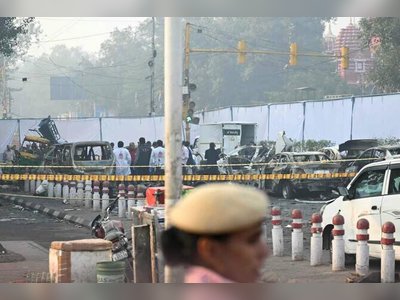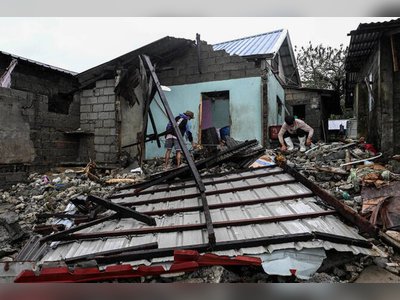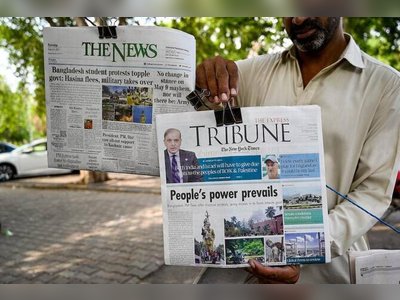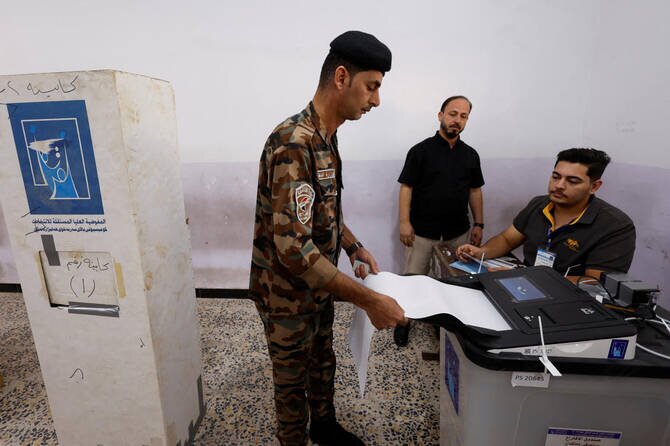
Iraqis Vote in Parliamentary Election Amid Tight Security and Political Boycott
A significant political bloc boycotts the election, impacting voter turnout and security measures are heightened.
On Tuesday, Iraqis participated in a parliamentary election characterized by enhanced security arrangements and an notable political boycott.
A total of 8,703 polling stations were operational nationwide for the general election.
Early voting took place on Sunday, allowing members of the security forces and displaced individuals residing in camps to cast their ballots.
Initial observations at various polling stations visited by journalists suggested sparse voter turnout during the early hours of Tuesday.
Election results are expected to be announced on Wednesday.
Despite a decrease in registered voters compared to the 2021 election, with only 21.4 million out of 32 million eligible voters updating their information and obtaining voter cards, several significant regional developments have influenced this year's election climate.
These include conflicts in Gaza and Lebanon following Hamas' attacks on southern Israel in October 2023, the June Israel-Iran war, and the ousting of Syrian President Bashar Assad in December.
The United States has been increasingly pressuring the Iraqi government to limit the influence of Iran-aligned armed factions.
Some of these groups, with candidates participating in Tuesday's vote, have faced scrutiny.
Notably, the Sadrist Movement led by Shiite cleric Muqtada Al-Sadr is boycotting the election.
This decision impacts voter turnout and political dynamics.
The Sadrist Movement previously held the majority in 2021 but withdrew from government formation due to disagreements with other Shiite parties.
Since then, they have distanced themselves from politics.
Security measures were notably tightened around Sadr City, a key stronghold of the Sadrist movement.
Special forces, federal police, armored vehicles, and heavily armed soldiers were deployed throughout the area.
Despite polling stations being open in Sadr City, voter turnout was significantly lower than previous elections.
Station Director Ahmed Al-Mousawi reported fewer than 60 voters had cast their ballots by mid-morning, highlighting the impact of the Sadrist boycott.
Voters like Sabih Dakhel and his wife participated despite the low turnout, hoping for improved living conditions.
Legal challenges may also affect the election results.
Iraq's Supreme Judicial Council has questioned the constitutionality of holding the election on Tuesday, originally scheduled for November 24.
A total of 8,703 polling stations were operational nationwide for the general election.
Early voting took place on Sunday, allowing members of the security forces and displaced individuals residing in camps to cast their ballots.
Initial observations at various polling stations visited by journalists suggested sparse voter turnout during the early hours of Tuesday.
Election results are expected to be announced on Wednesday.
Despite a decrease in registered voters compared to the 2021 election, with only 21.4 million out of 32 million eligible voters updating their information and obtaining voter cards, several significant regional developments have influenced this year's election climate.
These include conflicts in Gaza and Lebanon following Hamas' attacks on southern Israel in October 2023, the June Israel-Iran war, and the ousting of Syrian President Bashar Assad in December.
The United States has been increasingly pressuring the Iraqi government to limit the influence of Iran-aligned armed factions.
Some of these groups, with candidates participating in Tuesday's vote, have faced scrutiny.
Notably, the Sadrist Movement led by Shiite cleric Muqtada Al-Sadr is boycotting the election.
This decision impacts voter turnout and political dynamics.
The Sadrist Movement previously held the majority in 2021 but withdrew from government formation due to disagreements with other Shiite parties.
Since then, they have distanced themselves from politics.
Security measures were notably tightened around Sadr City, a key stronghold of the Sadrist movement.
Special forces, federal police, armored vehicles, and heavily armed soldiers were deployed throughout the area.
Despite polling stations being open in Sadr City, voter turnout was significantly lower than previous elections.
Station Director Ahmed Al-Mousawi reported fewer than 60 voters had cast their ballots by mid-morning, highlighting the impact of the Sadrist boycott.
Voters like Sabih Dakhel and his wife participated despite the low turnout, hoping for improved living conditions.
Legal challenges may also affect the election results.
Iraq's Supreme Judicial Council has questioned the constitutionality of holding the election on Tuesday, originally scheduled for November 24.
